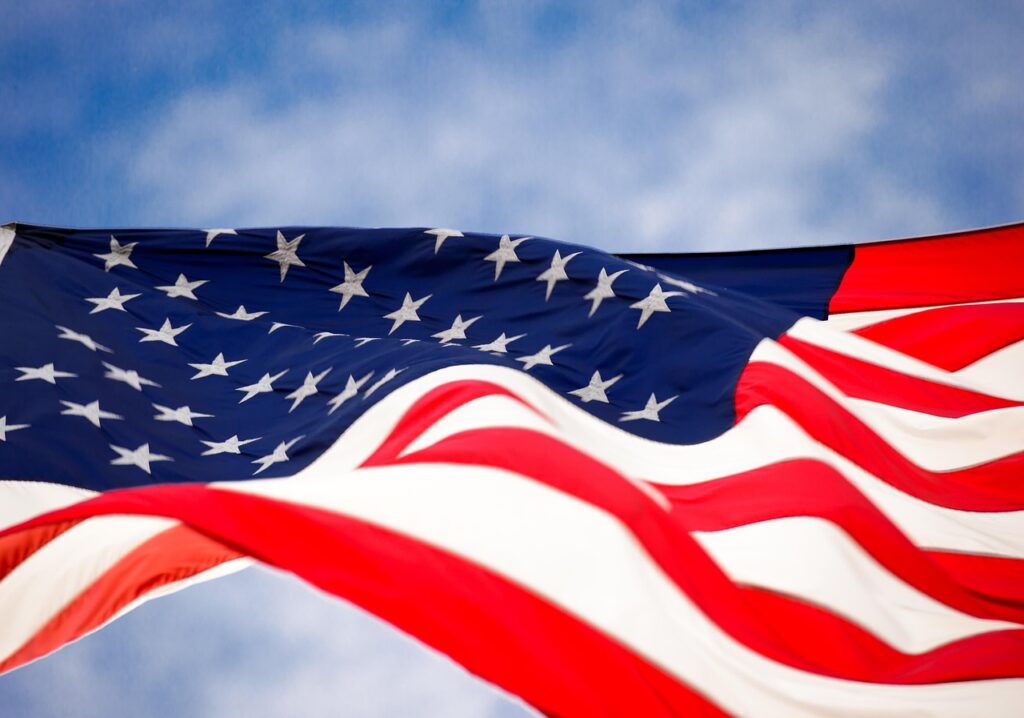The U.S. government has imposed sanctions on Karim Khan, the Chief Prosecutor of the International Criminal Court (ICC). These sanctions freeze his assets in the U.S. and prevent him from entering the country. This marks the first time the U.S. has taken such action against an ICC official.
Why the U.S. Took Action
The U.S. imposed sanctions on Khan after the ICC sought an arrest warrant against Israeli Prime Minister Benjamin Netanyahu. The ICC wanted to investigate possible war crimes during the Gaza conflict. The U.S. government saw this as an overstep. They believed the ICC should not interfere with matters outside its jurisdiction. Former President Donald Trump authorized these sanctions, making Khan the first target of this action.
Impact on Karim Khan
These sanctions affect Karim Khan’s role as the Chief Prosecutor of the ICC. Freezing his assets and imposing a travel ban prevent him from doing his job effectively. As a result, questions arise about the future of the ICC. These measures also challenge the independence of the court. With these sanctions, the U.S. casts doubt on the court’s ability to operate freely.
Global Reaction
Countries worldwide quickly criticized the U.S. decision. A group of 79 nations, including Austria, expressed their disapproval. These nations warned that the sanctions could allow serious criminals to escape justice. They underscored the importance of the ICC’s work in bringing war criminals to justice. These countries reiterated their support for the ICC and condemned any attempts to undermine it.
The United Nations also voiced concern. The UN warned that the sanctions could weaken international law. It emphasized the need to respect global legal standards and protect institutions like the ICC. Many believe that by imposing these sanctions, the U.S. risks harming global efforts to hold perpetrators of war crimes accountable.
The Role of the ICC
The ICC’s main goal is to address severe crimes, including war crimes and crimes against humanity. The court was established to hold individuals accountable when their countries fail to do so. However, some nations, including the U.S., have consistently opposed the court. The U.S. has never been a member of the ICC, and this latest action only adds to the ongoing tension. The U.S. sees the ICC as a challenge to its national sovereignty, which makes the situation more complicated.
The sanctions against Khan raise concerns about the future of the ICC. Despite the challenges, the court’s mission remains crucial. However, the growing political pressure could affect its ability to operate independently. It is uncertain how the ICC will respond to this new pressure, but it remains committed to its work. The international community will continue to watch closely to see how the court adapts in these changing circumstances.
